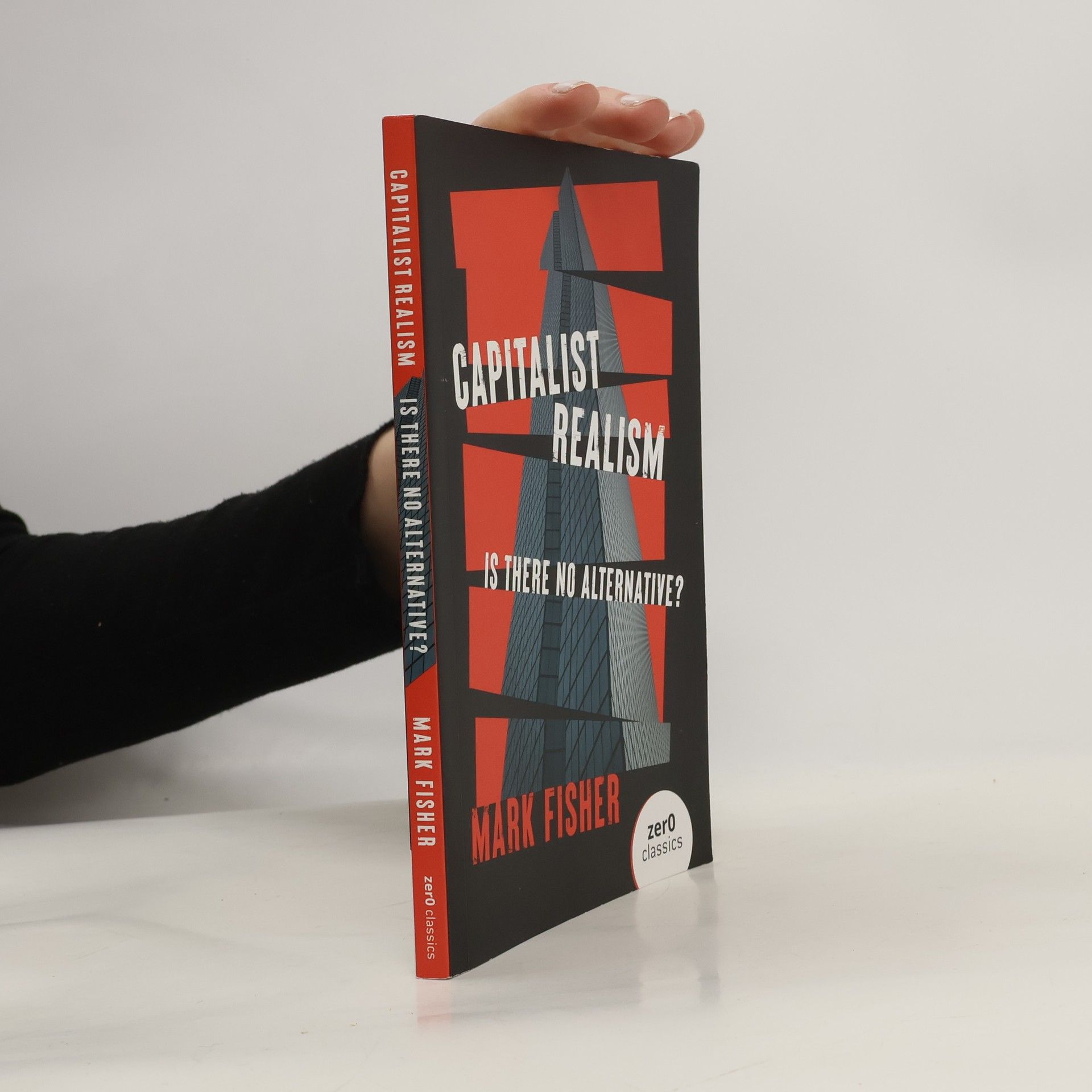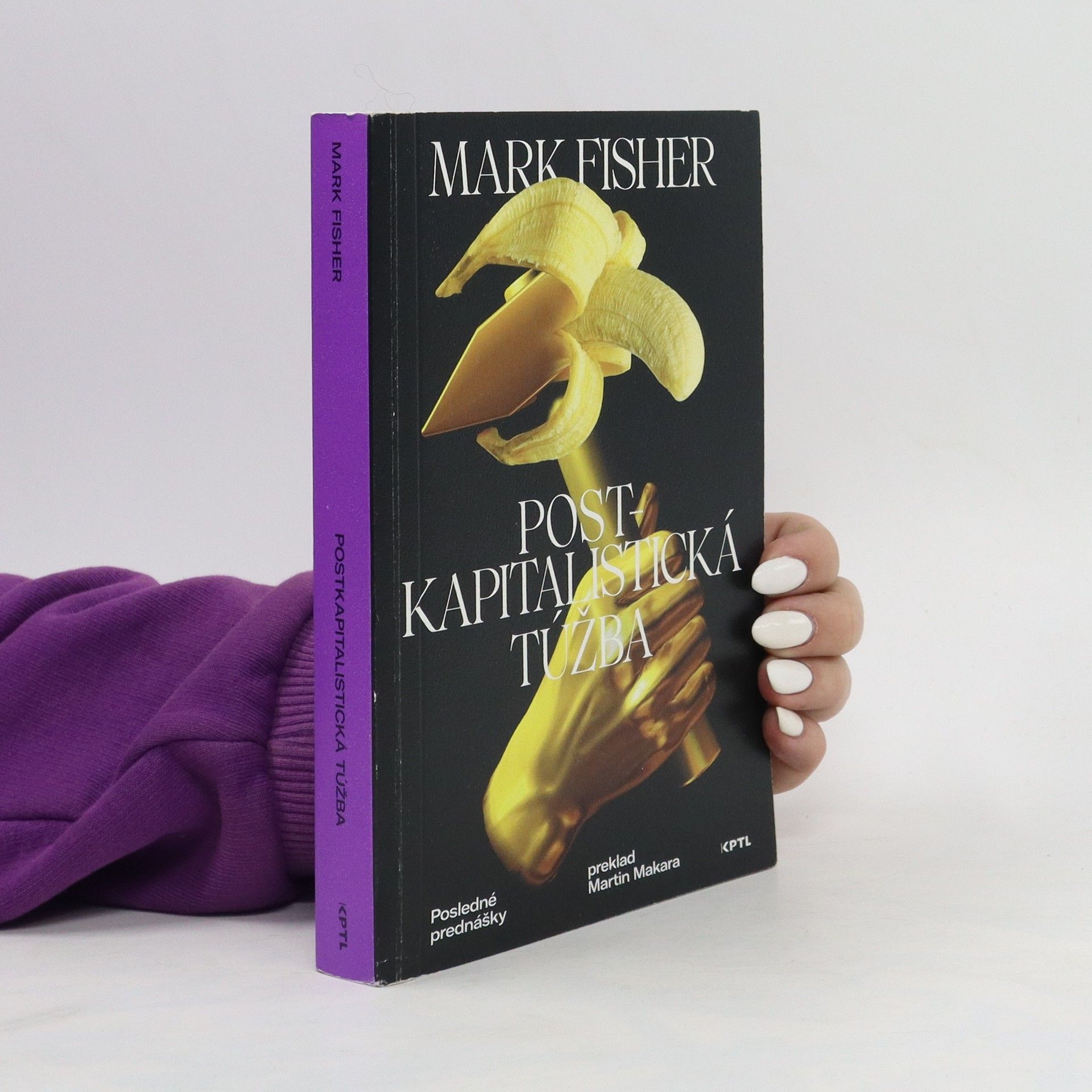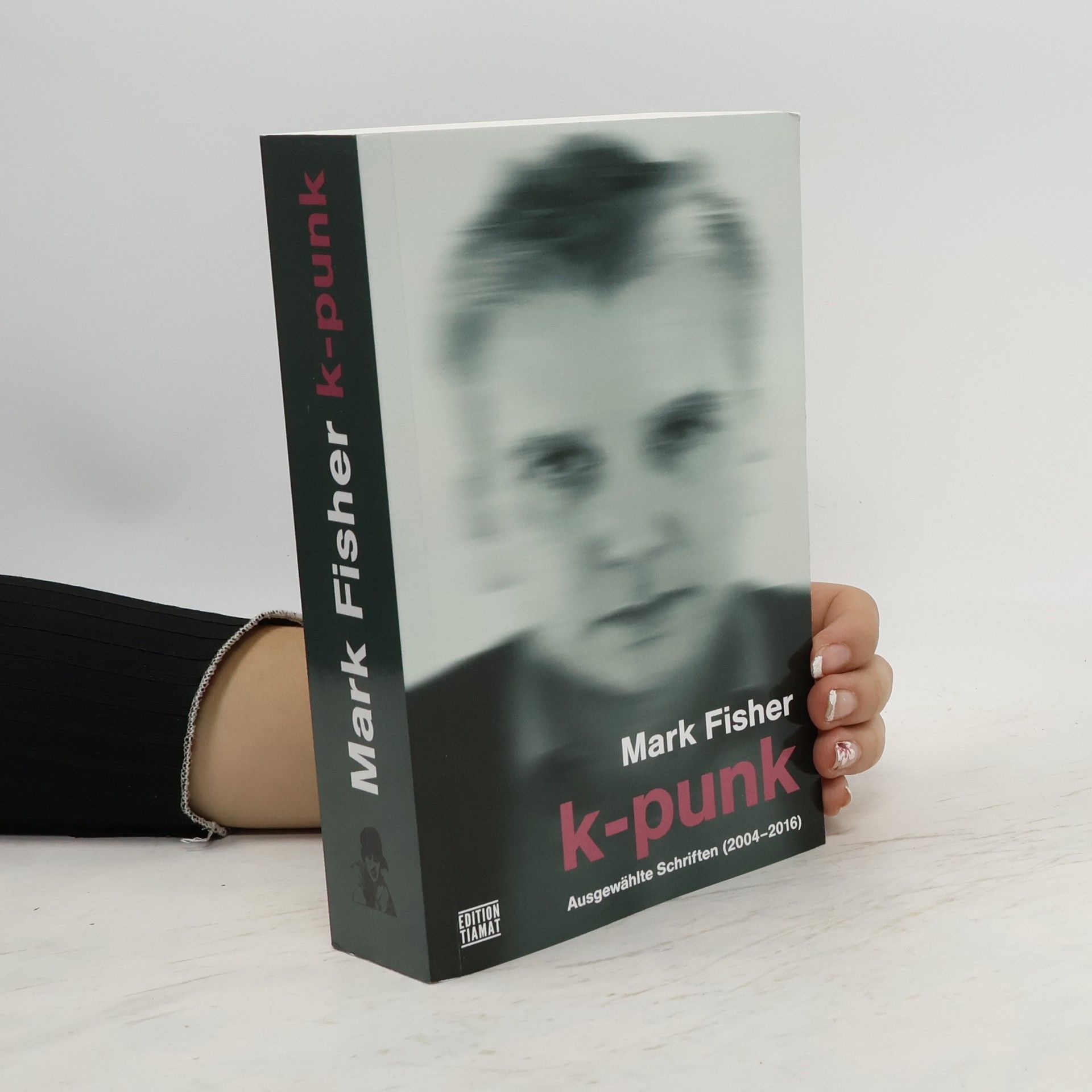Duchové mého života
Texty o depresi, hauntologii a ztracených budoucnostech
Mark Fisher, jeden z nejvlivnějších britských kulturních teoretiků 21. století, se v této knize vrací k hudbě, filmům a televizním pořadům, které formovaly jeho vnímání světa, a skrze ně zkoumá hlubší pocity ztráty, melancholie a kulturní stagnace.Po zhroucení vize budoucnosti, kterou nabízely modernistické projekty minulého století, se podle Fishera naše kultura stala posedlou vlastní minulostí. Pop se stal hauntologickým – pronásledovaným přízraky toho, co by mohlo být, ale nikdy se nestalo.Fisher s typickou pronikavostí píše o Joy Division, Burialovi, Stanleym Kubrickovi nebo BBC. Odhaluje, jak kulturní produkty posledních desetiletí stále znovu a znovu recyklují minulost a jak se kolektivní představivost zasekla v opakování, protože si už nedokáže představit nic radikálně nového.








